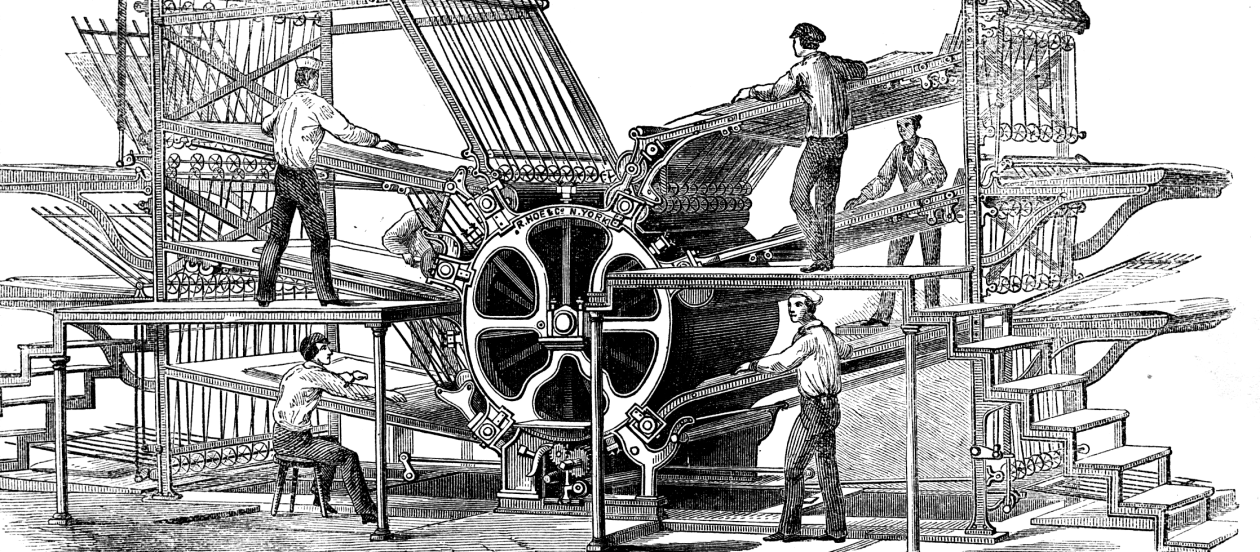by Justin Salinas
I was greatly edified recently by reading through a small book called On the Incarnation by Saint Athanasius. St. Athanasius was an early church father in the fourth century. This little excerpt from some of his larger works reflects on the sinful condition of man and how the Lord, descending from heaven, took on flesh and worked to save his people from their transgressions and iniquity.
To give you a little recap, Athanasius thinks about the choices our Creator could have made toward the regeneration or judgment of the human race. He asks questions like, why, when man fell, did God not just waive his judgment and let corruption slide? Ultimately, this would make God a liar because he promised judgment to Adam and Eve if they were to eat the forbidden fruit. He also asks why, when man fell and became more and more wicked did God not just destroy his creation and start over? Ultimately, Athanasius comes to the conclusion that this would go against God’s nature, which contains his perfect truthfulness, goodness, and justice, and so there remains only one reasonable path. His belief is that God, being the “God Word,” glorifies himself in overcoming the corruption of the fall by offering redemption in order to bring the corrupted man to cleanliness.
In order to offer this gracious redemption and satisfy perfect justice, a perfect sacrifice must be made. Athanasius says it like this:
“For the Word, realizing that in no other way would the corruption of human beings be undone except, simply, by dying, yet being immortal and the Son of the Father the Word was not able to die, for this reason he takes to himself a body capable of death, in order that it, participating in the Word who is above all, might be sufficient for death on behalf of all, and through the indwelling Word would remain incorruptible, and so henceforth cease from all by grace of the resurrection.”[1]
Athanasius continues:
“Whence, by offering to death the body he had taken to himself, as an offering holy and free of all spot, he immediately abolished death from all like him, by the offering of a like. For being above all, the Word of God consequently, by offering his own temple and his bodily instrument as a substitute for all, fulfilled in death that which was required; and, being with all through the like [body], the incorruptible Son of God consequently clothed all with incorruptibility in the promise concerning the resurrection.”[2]
We can see in Scripture that the author of Hebrews makes the same point. Hebrews 2:9-10 says, “9 But we see Jesus, who was made a little lower than the angels, for the suffering of death crowned with glory and honor, that He, by the grace of God, might taste death for everyone. 10 For it was fitting for Him, for whom are all things and by whom are all things, in bringing many sons to glory, to make the captain of their salvation perfect through sufferings.”
What a glorious message of mercy offered by God to his creation! We must always remember that the hope of redemption comes only through Christ Jesus, the Son of God. He alone was a fitting sacrifice to satisfy the divine justice of the Father and pay the great debt of our sin so that we might have eternal life. I highly recommend this book to you, Christian. It will do your heart good.
_______________________________________________________________________________________
[1] St. Athanasius the Great of Alexandria, On the Incarnation, Popular Patristics Series 44b (Yonkers, New York: St. Vladimir’s Seminary Press, 2011), 58.
[2] 58.
- We Become What We Worship - November 1, 2021
- Christ Our King - June 4, 2021
- The “Elements” of Saving Faith - April 5, 2021
